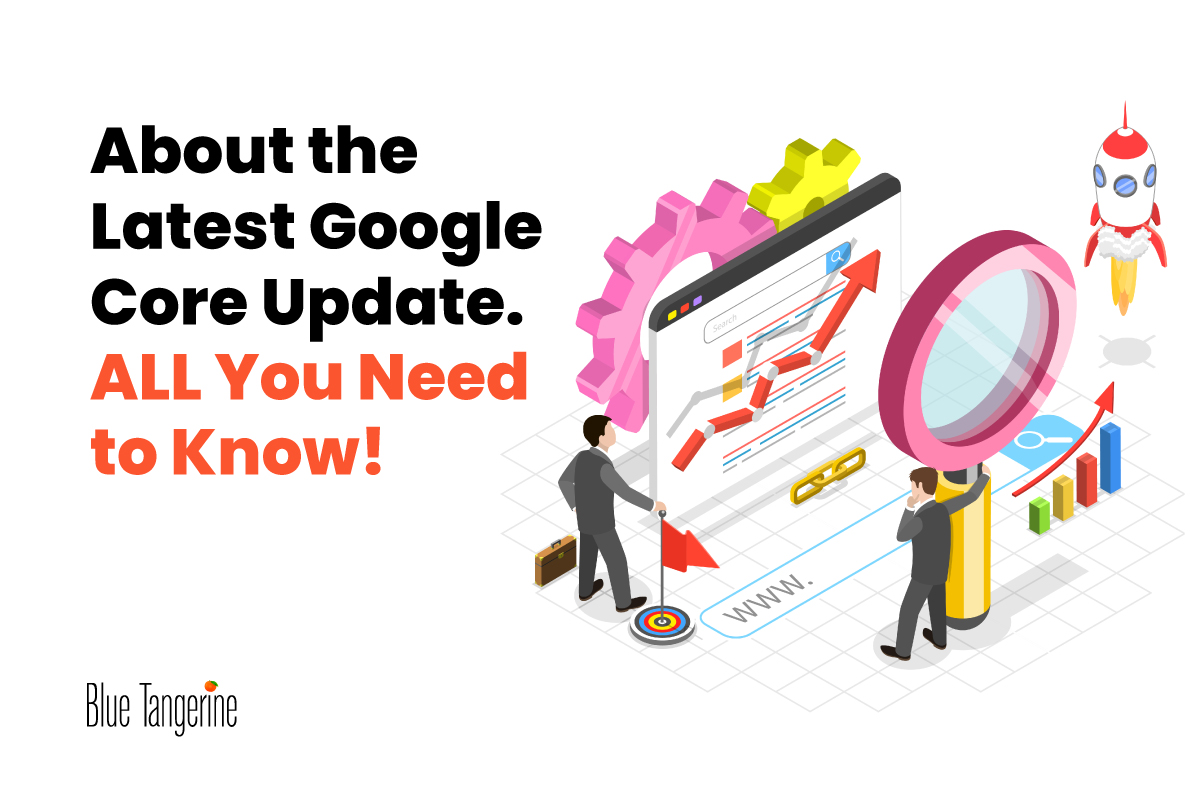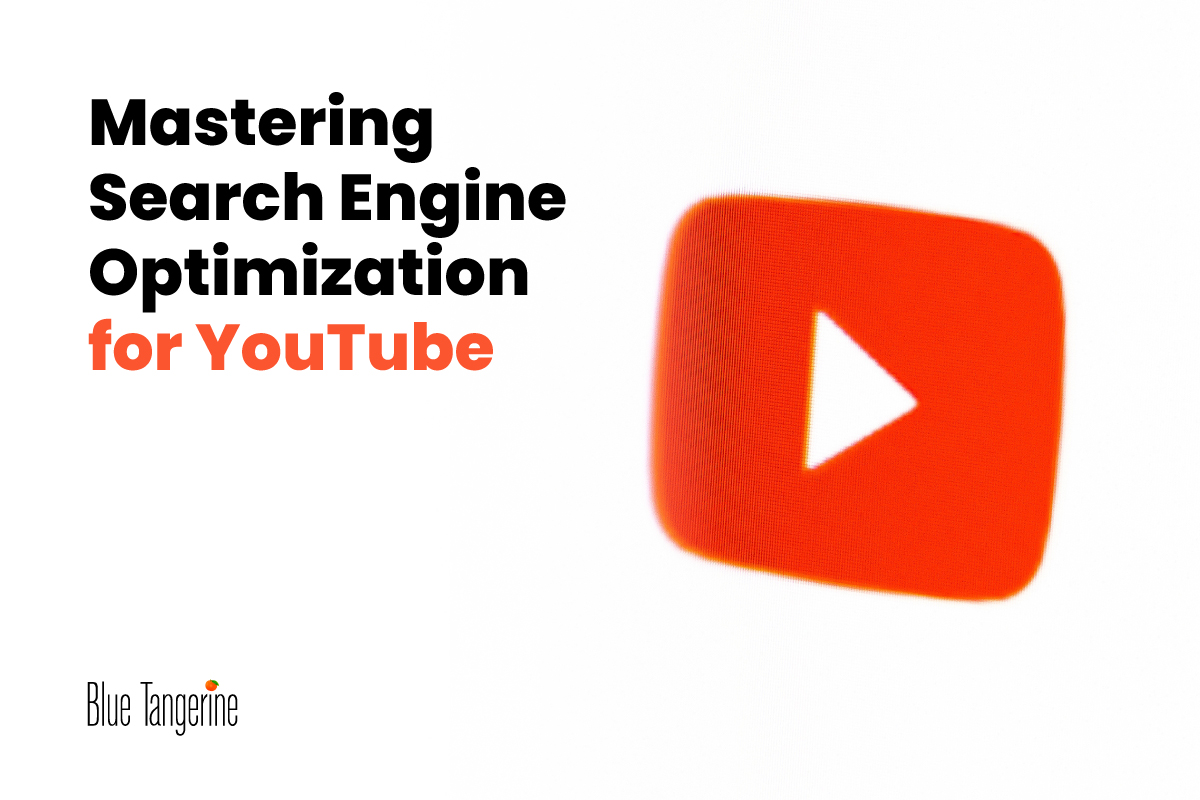Introduction
Google’s algorithm updates have long been pivotal moments in the digital world, shaping the strategies of SEO practitioners and website owners worldwide. The Google Core Update (Mar’2024) is no exception, heralding significant shifts that demand careful consideration and adaptation.
In this article, we dissect four key changes to link signals introduced by Google’s update, providing insights into their implications and actionable strategies for navigating the evolving SEO terrain.
Deindexing Decimation:
Imagine the jolt of waking up to find your website mysteriously absent from Google’s search results – a fate suffered by many in the wake of the March 2024 update. Google’s cleansing crusade aims to purge the digital realm of low-quality, irrelevant content that detracts from user experience.
Websites found flouting Google’s guidelines or resorting to dubious SEO tactics face not merely penalties but complete expulsion from search results and indexes. This seismic purge underscores Google’s unwavering commitment to enhancing search quality and relevance.
Swift and Stealthy Penalties:
One hallmark of the March 2024 update is the swift and stealthy imposition of penalties, catching site owners off guard and precipitating frenzied attempts at damage control. Unlike manual actions, where Google notifies site owners of infractions, algorithmic updates operate clandestinely, leaving affected parties scrambling for answers.
The absence of notifications via Google Search Console compounds the challenge, compelling vigilant monitoring and proactive remediation efforts to mitigate potential fallout.
Age Is No Antidote:
Contrary to conventional wisdom, longevity offers no immunity in the face of Google’s algorithmic upheavals. Even venerable websites previously unscathed by algorithmic tremors find themselves ensnared in the update’s dragnet.
While some applaud the overdue purge of low-quality sites, others lament the indiscriminate casualties, highlighting the capricious nature of algorithmic roulette. Discussions within SEO circles underscore the sobering reality that no website is impervious to algorithmic vicissitudes, underscoring the imperative of perpetual adaptation and optimization.
E-A-T Imperatives:
E-A-T – Expertise, Authoritativeness, and Trustworthiness – emerges as a linchpin in Google’s quality assessment framework, wielding considerable influence in determining a website’s fate post-update. Emphasising originality, depth, and value,
Google underscores the primacy of content quality and user experience in the post-update landscape. Websites reliant on thin, duplicated content or errant AI-generated fodder face existential peril, while those exemplifying E-A-T principles stand poised for prominence.
AI Scrutiny Intensifies:
A notable facet of the March 2024 update is Google’s heightened scrutiny of AI-generated content, transcending the domain of industry behemoths to ensnare smaller players. While the frequency of content publication traditionally signalled AI involvement, nuanced signals now spotlight subtler manifestations of automation.
Google’s crusade against repetitive, unoriginal content underscores its commitment to boosting search relevance and value, irrespective of content origin.
Deemphasizing Links
Google’s stance on the importance of links has undergone a notable evolution, marked by a subtle yet significant shift in emphasis.
Gary Illyes’ revelation at Pubcon Austin 2023, wherein he downplayed the significance of links, foreshadowed this change.
While links remain a factor in determining page relevance, their perceived importance has been tempered, signalling a departure from traditional link-centric SEO strategies. This shift underscores the imperative for SEO practitioners to diversify their optimization efforts beyond link acquisition, prioritizing holistic approaches to enhance overall website quality and relevance.
Google’s subtle alteration of its stance on the importance of links is indicative of a broader trend towards a more nuanced understanding of relevance and authority in search rankings. While links undoubtedly remain a factor in Google’s algorithm, their significance has been deemphasized compared to previous years.
This shift reflects Google’s ongoing efforts to combat manipulative link-building practices and prioritize the delivery of high-quality, authoritative content to users.
Content Created For Link Manipulation
The advent of manipulative link building practices has prompted Google to introduce a new factor targeting content created expressly for link manipulation purposes. Private Blog Networks (PBNs), long associated with such manipulative tactics, face heightened scrutiny as Google tightens its grip on deceptive linking practices.
The repercussions of engaging in manipulative linking extend beyond penalties, encompassing reputational damage and diminished user trust. Ethical SEO practitioners are urged to eschew shortcuts in favour of sustainable, content-driven strategies that prioritize user value over manipulative gains.
The introduction of a new factor addressing content created for link manipulation underscores Google’s commitment to combating spammy SEO tactics and fostering a more equitable search ecosystem. By penalising sites that engage in manipulative linking practices, Google aims to level the playing field and ensure that search results reflect genuine relevance and authority.
Ethical SEO practitioners stand to benefit from this shift, as it rewards authentic content creation and user-focused optimization strategies.
New Signal Related To Outgoing Links
Google’s explicit mention of outgoing links as a ranking factor marks a departure from previous ambiguity surrounding outbound link penalties. While the practice of selling outbound links has long been frowned upon, Google’s updated guidelines underscore the broader implications of manipulative linking tactics.
SEO practitioners are advised to exercise caution when engaging in link-related activities, ensuring adherence to Google’s quality guidelines and prioritizing the integrity of their linking practices to safeguard against algorithmic penalties.
The inclusion of outgoing links as a ranking factor represents a significant shift in Google’s approach to assessing the quality and relevance of websites. By scrutinising both inbound and outbound links, Google aims to identify and penalise sites that engage in manipulative linking practices, thereby enhancing the overall quality of its search results.
SEO practitioners must adapt their strategies accordingly, prioritizing the cultivation of genuine, high-quality backlinks while avoiding tactics that may trigger algorithmic penalties.
New Expired Domains Signal
The March 2024 update introduces a novel signal focused on domain usage post-expiration, shedding light on Google’s vigilance against domain abuse and repurposing. Examples outlined in Google’s guidelines illustrate the spectrum of infractions, ranging from affiliate content on former government domains to commercial products on erstwhile charitable websites.
SEO practitioners leveraging expired domains in their strategies must exercise due diligence, scrutinising the history and purpose of acquired domains to mitigate the risk of triggering Google’s algorithmic scrutiny.
The introduction of a new signal related to expired domains reflects Google’s ongoing efforts to combat spammy SEO tactics and ensure the integrity of its search results. By scrutinising the usage of expired domains, Google aims to prevent the manipulation of search rankings through deceptive domain acquisition and repurposing.
SEO practitioners must exercise caution when leveraging expired domains in their strategies, conducting thorough research to ensure compliance with Google’s guidelines and mitigate the risk of algorithmic penalties.
Why Changes Are Described Ambiguously
Google’s penchant for ambiguity in describing algorithmic changes reflects a nuanced approach aimed at guiding SEO practitioners without divulging precise algorithmic mechanics. While interpretations may vary, the overarching message remains clear: adaptability is paramount in navigating the ever-evolving SEO landscape.
By embracing ambiguity as a catalyst for innovation and refinement, SEO practitioners can transcend rigid adherence to outdated tactics, paving the way for sustainable growth and resilience in the face of algorithmic volatility.
Google’s use of ambiguous language in describing algorithmic changes serves to encourage adaptability and innovation among SEO practitioners, fostering a culture of continuous improvement and refinement. Rather than providing explicit instructions or guidelines, Google opts for a more nuanced approach, allowing SEO practitioners to interpret and implement algorithmic changes in a manner that best aligns with their specific goals and objectives.
By embracing ambiguity as an opportunity for creativity and experimentation, SEO practitioners can stay ahead of the curve and maintain a competitive edge in the ever-evolving digital world.
Conclusion
As SEO practitioners grapple with the ramifications of Google’s March 2024 Core Update, a steadfast commitment to adaptability and ethical SEO practices emerges as the cornerstone of success.
By understanding and embracing key changes to link signals, practitioners can fortify their digital assets against algorithmic upheavals while prioritizing user experience and content quality. In an era defined by relentless innovation and algorithmic flux, the ability to navigate change with agility and foresight distinguishes the vanguard of SEO excellence.




